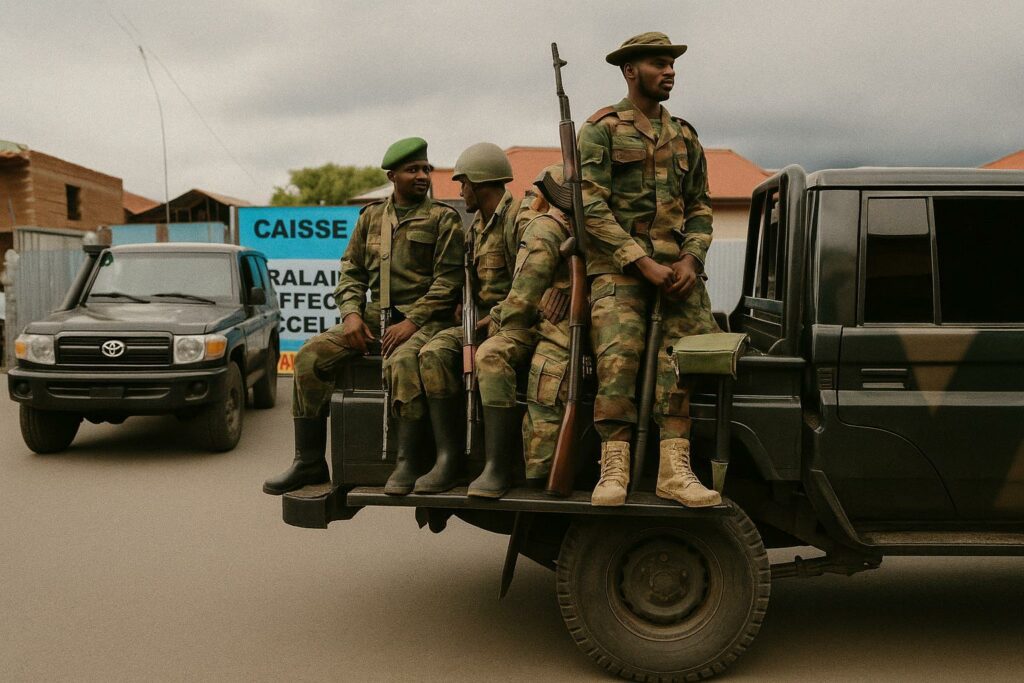A Shift in U.S. Diplomatic Strategy
Under the auspices of the United States, a pivotal peace agreement has been brokered between the Democratic Republic of Congo (DRC) and Rwanda, aiming to bring an end to the prolonged conflict in Eastern DRC. The Trump administration has actively steered the negotiations as part of a revamped U.S. foreign policy strategy that leans towards transactional diplomacy. This marks a strategic pivot from the traditional soft power methodology that has dominated U.S. involvement in Africa.
Contextualizing the DRC-Rwanda Conflict
The conflict in Eastern DRC, underpinned by fierce competition over mineral wealth, has persisted for three decades, accounting for millions of deaths. Rich in minerals essential for high-tech industries, such as coltan and cobalt, the eastern territories of the DRC have been a focal point of contention. This has attracted myriad armed groups, notably the M23 militia, which stands apart by allegedly enjoying Rwanda’s support, although Rwandan officials deny such claims. The U.S.-mediated deal strives to resolve these tensions despite M23’s persistent territorial ambitions.
Implications and Skepticism
While hailed as a diplomatic breakthrough, skepticism abounds regarding the deal’s effectiveness, primarily due to M23’s exclusion from the negotiating table. Critics highlight that without M23’s acquiescence, the agreement’s longevity remains uncertain. Additionally, the apparent transactional nature of the U.S.-backed initiative may prioritize resource access over sustainable peace, embedding economic motives at the peace process’s core.
Economic Prospects and Geopolitical Calculus
Beyond conflict resolution, the deal presents lucrative economic openings. The U.S. envisions substantial investments in the region, tapping into its mineral wealth as a strategic counter to China’s mining dominance. The envisaged influx of American capital complements a revised DRC tax code and infrastructure initiatives like the Lobito Corridor, aimed at fostering regional economic integration. Such undertakings spotlight a broader geopolitical chessboard where the U.S. seeks to navigate the fraught dynamics between local governance challenges and global economic interests.
Future Considerations and Diplomatic Nuances
While the Secretary of State is set to witness the formal signing, the intricate fabric of local politics and regional relationships calls for a nuanced diplomatic dance. Washington’s current approach may yield significant dividends but also bears considerable risk. The peace agreement, described as high-risk with the potential for high reward, hinges upon delicate balancing acts of diplomacy, regional stability, and economic interests. Ultimately, the prospect of succeeding in both resolving conflict and nurturing economic development could redefine U.S. engagement in Africa’s mineral-rich regions.

